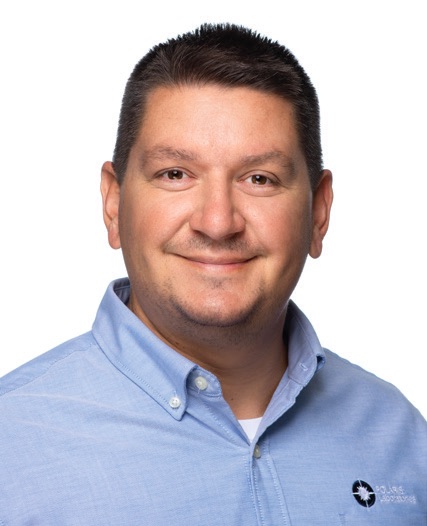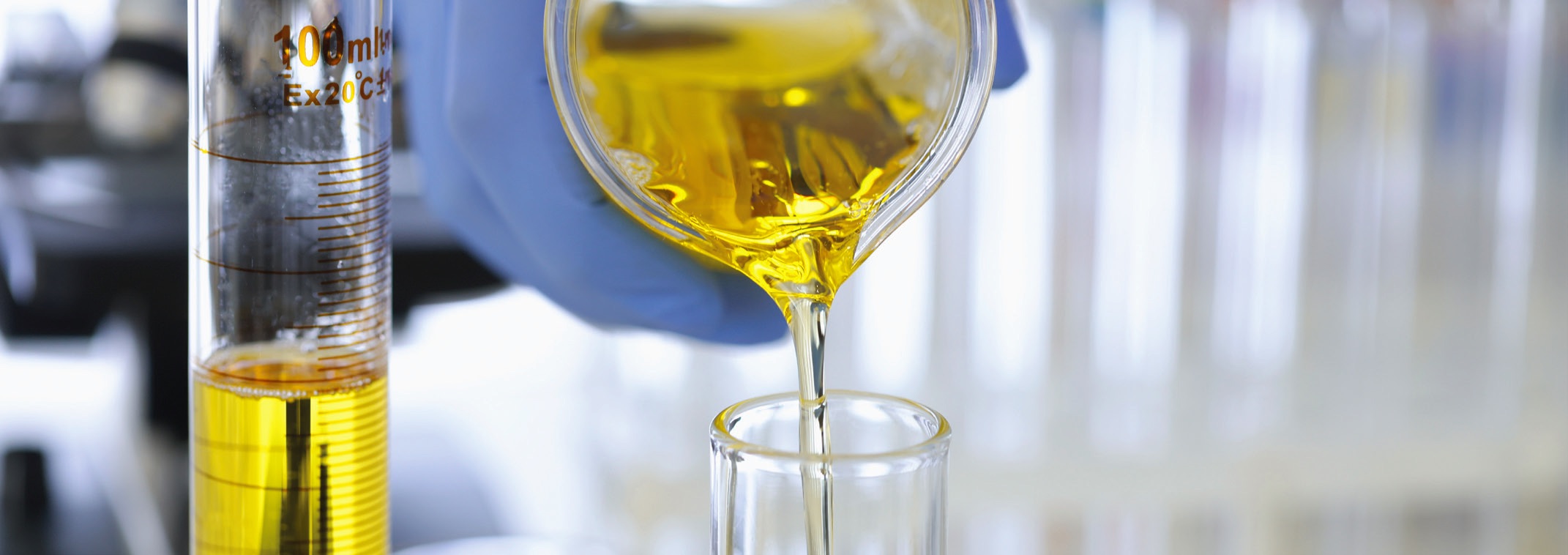20 Minutes With Josh Gaschler
Rachel Fowler, Publisher/Editor-in-Chief | TLT 20 Minutes July 2022
This fluid analysis program manager for POLARIS Laboratories discusses his career and accomplishments in oil analysis and the lubricants industry.
Josh Gaschler - The Quick File
STLE member Josh Gaschler is a fluid analysis program manager for POLARIS Laboratories and has been in the industry for more than 20 years. He is a lubrication and reliability professional working in oil and gas, power generation, heavy industrial and fleet programs. Gaschler investigates and solves problems with the customers’ reliability group on site by using extensive knowledge and experience in tribology, lubrication and oil analysis to troubleshoot equipment failures. He is a condition-based monitoring professional that is literate in the language of oil analysis and knows how to routinely extract critical reliability information from in-service lubricants. He also has the STLE Certified Lubrication Specialist™ (CLS) certification.

Josh Gaschler

TLT: How long have you worked in a lubrication-related field, and how did you decide to pursue a career in the lubricants industry?
Gaschler: I’ve been an STLE Certified Lubrication Specialist™ (CLS) for seven years working in the power generation and mining industries. I am a condition-based monitoring professional that routinely extracts critical reliability information from in-service lubricants. I’ve been assisting in the management of lubrication programs in large plants and fleet programs for 15 years.
I started as a maintenance mechanic in the field installing pumps, bearings and gears. I have been in the reliability and maintenance field for around 15 years now and did know of some important aspects of condition-based monitoring while getting started in this field.
During my career I met STLE member Randy Tyson and was immediately drawn to the endless pursuit of equipment reliability and in-service lubricants. I started pulling oil samples in the field and interpreting oil reports for the customer and writing work orders for them. While in this role, I pulled 1,500 samples a month over seven locations across the Southeastern U.S.
TLT: What has been your most rewarding accomplishment throughout your career in the lubricants industry?
Gaschler: One of my greatest accomplishments was successfully passing the STLE CLS exam and applying that knowledge to help my previous positions in the phosphate industry, fleet programs and oil and gas. Another accomplishment of mine is helping to include the maintenance strategies and get away from being reactive. Teaching getting back to the fundamentals, the new maintenance internship program and proper sample pulling techniques is really where it all begins for oil analysis.
TLT: What is the No. 1 piece of advice you would give to a person who might be interested in starting a career in the lubricants industry?
Gaschler: One piece of advice I would give to a new person trying to get into this role would be to start in the field and gain that field experience that is so well sought after. Take an entry-level course to work your way up. Many individuals have the book/office experience but lack real-world field knowledge. Learn all you can, and transfer the knowledge to interpret oil reports. Always be teachable, and try new things in the industry that might suit you best. What works well for others might not work as well for you in your situation. Lot of times you will be by yourself in the field performing such duties. Having strong moral values like having strong integrity by doing the right thing even when no one is looking has proved to help me out.
TLT: What are some of the most technical lubrication-based concepts or topics you have encountered throughout your career?
Gaschler: My current role is a true blessing and the most challenging at times. That is a great thing because I do not want to get complacent, and you will not really learn anything if you are not challenged. I currently conduct trainings on how a proper lubricant program should look and the fundamentals. A few technical-based concepts would be proper sample pulling techniques and contamination control and ways to mitigate them. The two I know are fundamentals, but I see so many companies not doing this. If you pull a proper, consistent and representative sample, we can make the best recommendations for the equipment. Contamination control is an ongoing strive, but the little things we can improve on could drastically improve our lubrication programs—starting clean and dry and transferring the new lubrication to the equipment. Have written standardized procedures on how to do this so everyone performing the task will know how, too.
TLT: What is the one thing that you wish you would have learned earlier in your career?
Gaschler: Have a unified vision on what a proper oil analysis program should look like. Implement ways early on to help improve down time and improve impact, and this will, in turn, prove success. For example, if you are looking over eight locations, chances are they are all doing something different. Look to see how you can get all locations on the same page, and do it all the same so there is little confusion. I did not know this early on and was being reactive to equipment failures.
You can reach Josh Gaschler at jgaschler@polarislabs.com.